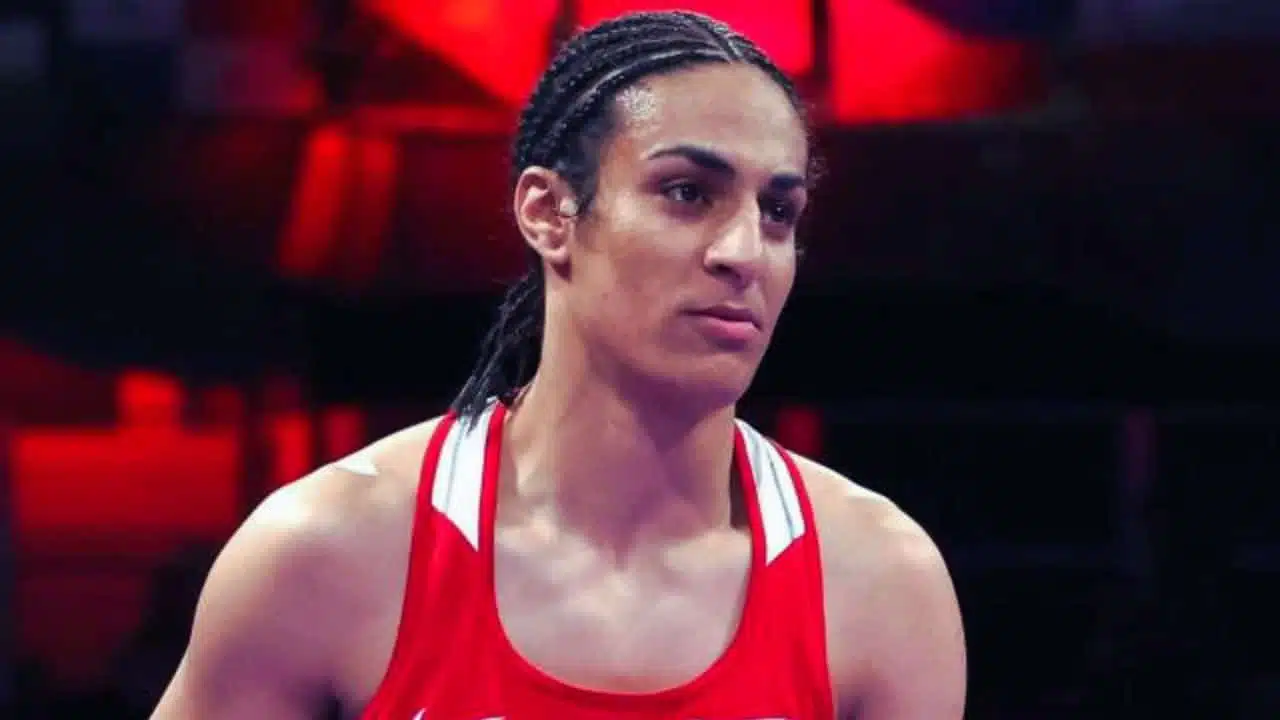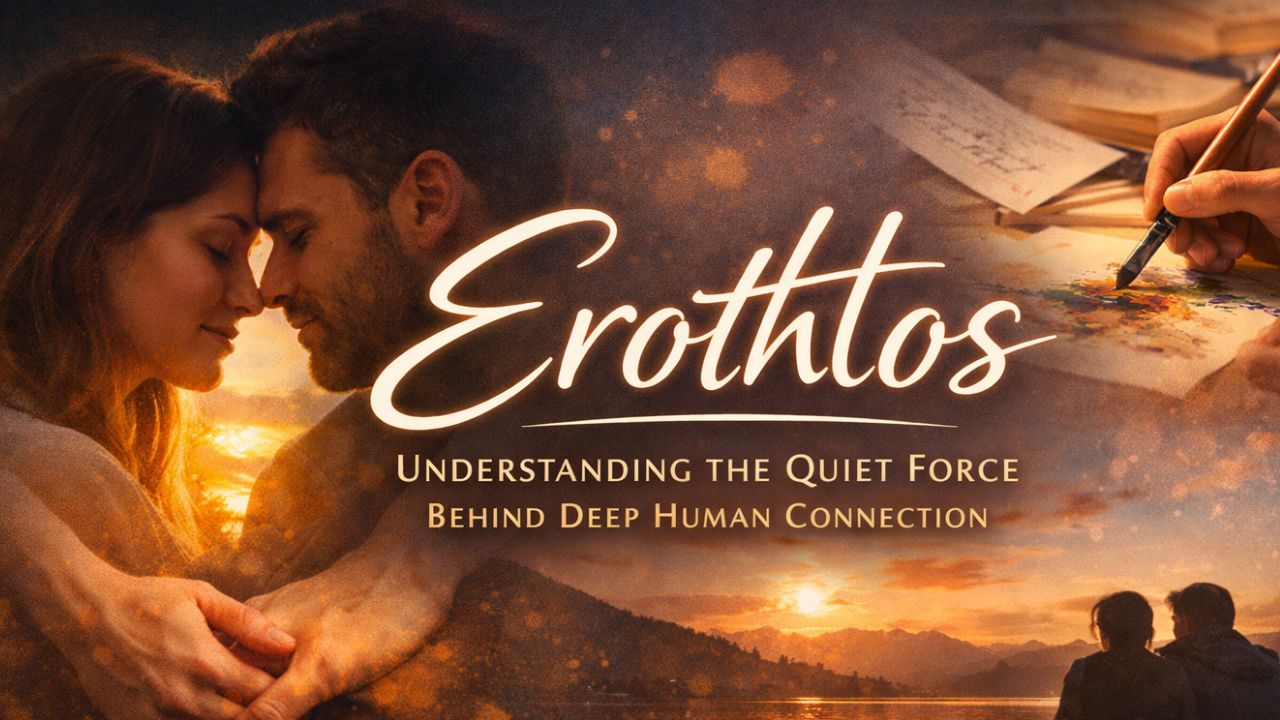Imane Khelif, the Algerian boxer who captured international attention by winning a gold medal at the recent Olympic Games in Paris, is now embarking on legal action in response to troubling media reports concerning her gender eligibility. These reports, which surfaced earlier this week, alleged that Khelif possesses XY chromosomes, typically associated with male biology. This situation has ignited a fierce debate about gender identity and fairness in sports, prompting the International Olympic Committee (IOC) to release a statement addressing the matter.
The Context of Khelif’s Olympic Victory
Khelif, 25, emerged as a remarkable talent in the boxing world and represented Algeria at the Paris 2024 Olympic Games. Her victory was particularly noteworthy as she defeated Italian boxer Angela Carini in an astounding 46 seconds during her opening bout. Carini’s emotional response to the loss, which included tears and a visible display of distress after suffering a serious injury to her nose, fueled discussions about Khelif’s eligibility to compete in the women’s division. The rapid nature of the fight and Khelif’s decisive win led to an immediate focus on her athletic prowess, but it also sparked controversy that drew attention from various political figures and celebrities.
The Gender Controversy: Reactions and Public Debate
The controversy surrounding Khelif’s gender eligibility gained momentum following her Olympic performance. Questions regarding her biological sex led to a wave of commentary from public figures, including Italian Prime Minister Giorgia Meloni and renowned author J.K. Rowling. Both figures, among others, weighed in on the implications of Khelif’s victory, which many viewed through the lens of the ongoing debate about transgender athletes and their participation in women’s sports. This dialogue reflects broader societal discussions about gender identity, representation in athletics, and the policies that govern competition.
The allegations regarding Khelif’s chromosomes are particularly concerning because they touch on sensitive issues related to identity and personal privacy. Khelif’s experience has resonated with many, as it raises questions not only about the rules governing gender eligibility in sports but also about the treatment of athletes who find themselves at the center of such controversies.
IOC’s Position and Support for Khelif
In light of the situation, the IOC has issued a statement acknowledging that Khelif has competed in the women’s category for many years, including her participation in the Tokyo 2021 Olympics and various IBA-sanctioned events. The organization emphasized that it would refrain from commenting further while legal actions are underway, signaling their intent to respect both the legal process and Khelif’s rights as an athlete.
The IOC expressed sadness over the abuse and harassment Khelif has experienced, noting that the emotional and psychological impact of public scrutiny can be significant for athletes. The organization’s statement also highlights the importance of treating all athletes with dignity and respect, regardless of the circumstances surrounding their participation.
Khelif’s Legal Actions and Personal Response
In a decisive move, Khelif has initiated legal proceedings against individuals who have publicly commented on her situation during the Olympic Games. This action reflects her determination to protect her reputation and address what she perceives as unjust treatment by the media and public figures. Furthermore, Khelif is preparing to file a lawsuit in response to the recent media coverage that has brought her medical records into question.
Khelif has already filed a complaint in France regarding online harassment, indicating the toll this situation has taken on her mental health and well-being. She has received considerable support from fans and fellow athletes, many of whom have rallied around her during this challenging time. Upon her return to Algeria after winning the gold medal, Khelif was greeted with a hero’s welcome, demonstrating the pride her country feels in her achievements.
The Broader Implications of Khelif’s Case
Khelif’s situation shines a light on the complexities of gender identity in the realm of sports. It raises critical questions about how athletes are classified and the policies that govern competition in light of evolving understandings of gender. The debates surrounding Khelif’s case echo a larger conversation about inclusion, fairness, and the rights of athletes, particularly those who may not fit traditional definitions of male or female.
The discourse surrounding Khelif also emphasizes the need for clarity in the rules that govern gender eligibility in sports. As discussions continue, it is clear that the conversation is not just about one athlete but reflects broader societal shifts regarding gender and identity.
As Imane Khelif pursues legal action against those who have commented on her situation and the media that reported unverified claims, her case serves as a focal point for discussions on gender, identity, and the ethics of competition in sports. The IOC’s acknowledgment of her years of competition in the women’s category and their support amidst the controversy highlight the challenges that modern athletes face. Khelif’s story is emblematic of a shifting landscape in sports and society, where the intersections of gender, identity, and fairness are increasingly at the forefront. As the legal proceedings unfold, Khelif’s experience will likely continue to provoke dialogue about inclusivity and the rights of athletes in an evolving world.
The Information is Collected from DW and Yahoo.






































